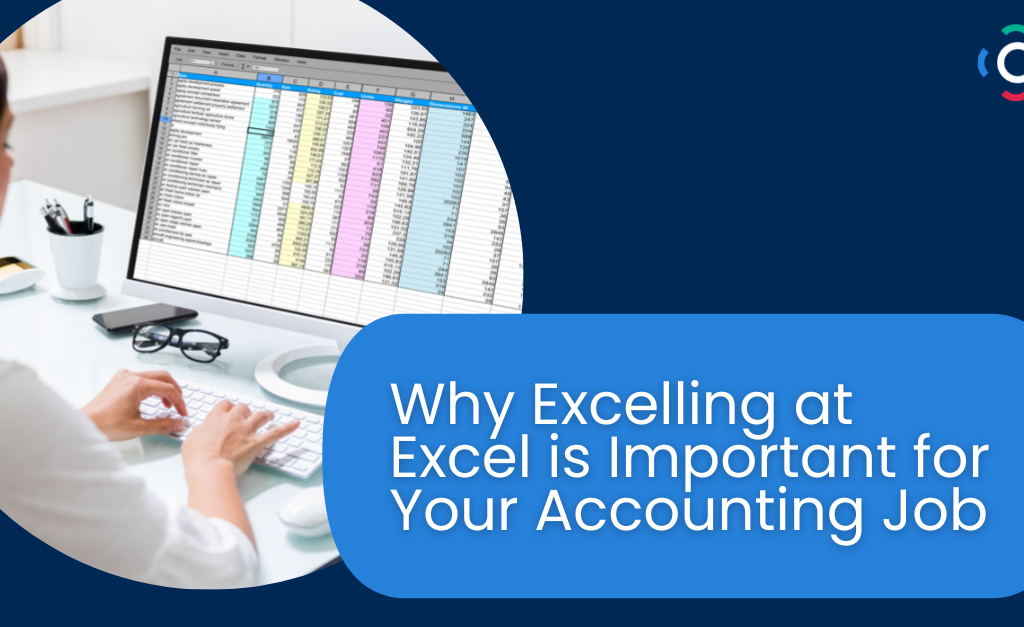[thumbnail]
Ah, the life of a student – all-night cramming, bulk servings of Kraft Dinner, etc., etc. Graduating from university means bidding adieu to this glamorous, rock ‘n’ roll lifestyle and preparing yourself, instead, for the workaday world of endless meetings, mountains of paperwork, and office politics (unless, of course, you’re fortunate enough to be able to work out of your own home – though even a virtual office isn’t without its unique challenges).
Of course, saying goodbye to malnourishment and marathon study sessions will hardly seem like a sacrifice once you’ve landed that first accounting job. But if you understandably don’t find yourself feeling nostalgic for your student years, you may nonetheless feel somewhat uneasy about the work ahead of you. While you probably couldn’t be more excited about the prospect of working, you may not be sure what to expect. If only there were another class you could take!
So how should you prepare yourself for your first accounting job?
Embrace the steep learning curve
As a student, you spent countless hours – both in the classroom and outside it – squeezing in as much technical theory, ideas, and principles into your head as would fit. As an employee, however, you’ll need to figure out how to put that theory into practice. In other words, school might be out – but your learning has only just begun.
Your willingness to ask questions, and to recognize the learning process as such, will dictate whether or not you flourish in your role. Take time at the front end to understand what you’re accountable for, and how you should go about delivering these. By doing so, you can create a plan for meeting expectations and achieving success.
Your willingness to ask questions, and to recognize the learning process, will dictate whether or not you flourish in your role.
Let go of the ego
Keep in mind that this is your first accounting job. Understand your limitations and don’t expect to advance up your company’s ladder in one fell swoop. It’s one thing to be ambitious and proactive – both prerequisites for a successful career – but you can’t run before you learn to walk.
Instead, be receptive to feedback. Develop your listening skills and get in the habit of hearing other people out, as opposed to talking over or past them. Above all, maintain a humble attitude that will help you build relationships with everyone you meet. Forge connections not only with your direct report, but also with the managers of other departments you work with. Their needs will invariably be different from one another’s: the more you understand what individual managers want, the more you can tailor your work to their expectations. They, in turn, will come to regard you as someone who listens and can do the job right.
Find a mentor
Nothing will help you learn the ropes of your first accounting job so much as a mentor in your corner. In your first few months on the job, build a relationship with someone in the company who would be willing and able to teach you some of the tricks of your trade, even if only in an informal capacity. It’s important that your mentor be someone who is well-regarded – someone capable of driving value and fostering success in others. You only want to learn from the best, after all.
Forge connections not only with your direct report, but also with the managers of other departments you work with.
By adopting a mentor, you demonstrate a willingness to learn and a desire to improve. Who knows? Your mentor may end up being the key advocate and decision-maker who helps move your career to the next level.
Get a professional designation
Landing your first accounting job is only the first step to professional success. Your next move should be to enrol in a professional program. Completing a professional designation allows you to keep abreast of accounting standards. It also demonstrates to your employers your desire for continuous improvement and career advancement.
But your professional development doesn’t have to be limited to pursuing a designation. Also consider taking other courses that will allow you to specialize. For example, if a company uses a specific software system, train yourself or take a class that will aid you in mastering it. This will make you less disposable and create opportunities for advancement. Your first accounting job is as much an apprenticeship and learning period as were your years in school. By remaining humble and seeking personal growth, you convey to your employer that you are hungry to get better, to contribute and to drive value for your organization.
Let us know what you think! At Clarity Recruitment, we’re always interested in hearing from accounting and finance professionals like yourselves, who are ready for new, exciting opportunities that can take their careers to the next level. And be sure to follow us on Twitter (@clarityrecruits) and connect with us on Facebook for more great tips and advice!



